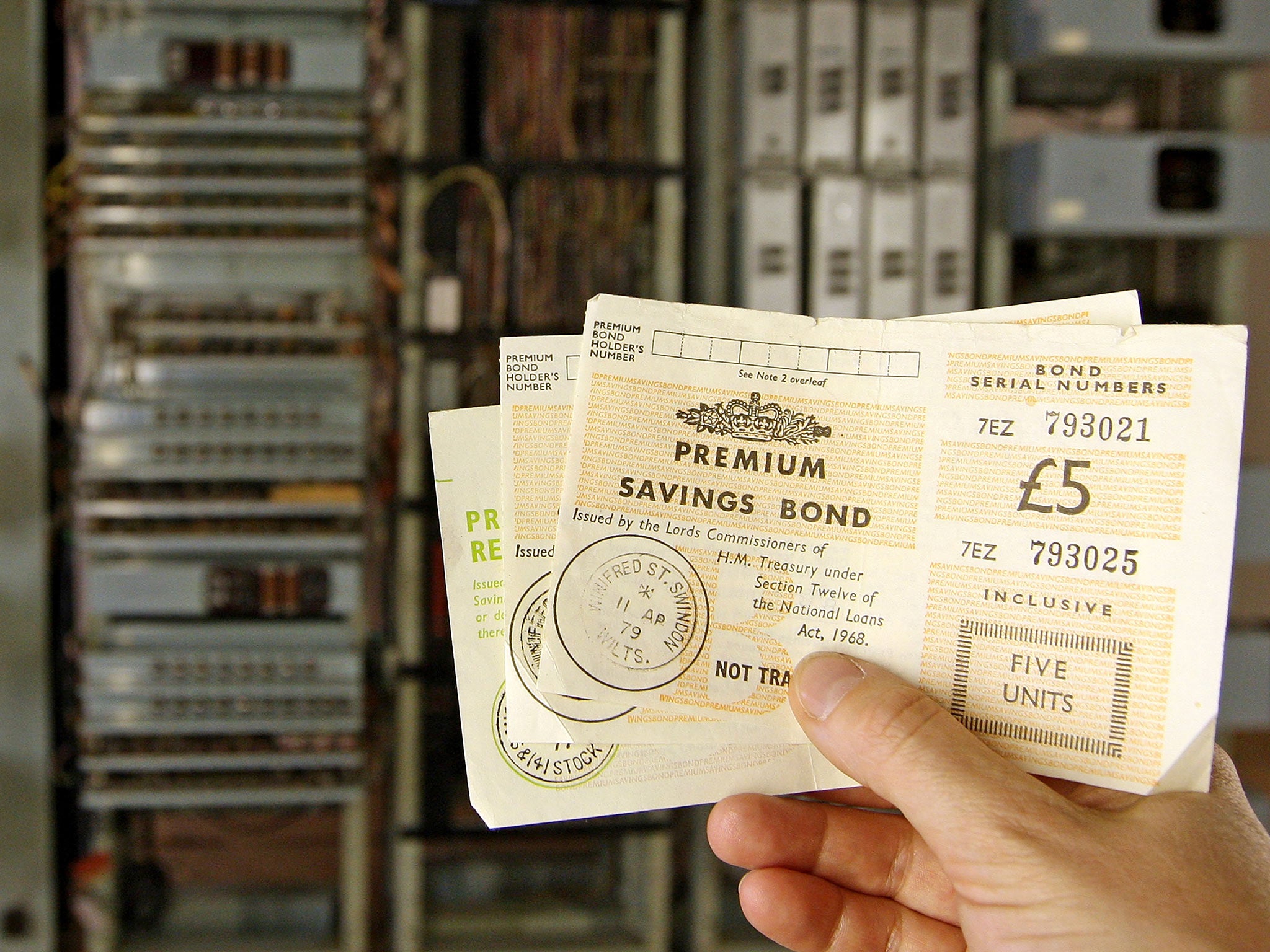Do investors think that the world economy is about to tank?
Government bond yields continue to fall and four other things to look out for this week


1. What will happen to the bubble in bond prices?
Let’s start with a worry. No, not about Brexit, although concern about that is clearly disturbing financial markets – it is, for example, one of the forces behind the recovery in the gold price. The worry is that large chunks of the developed world are becoming more like Japan, with no economic growth and limited opportunities for the next generation to find decent jobs.
This is of course a concern that many people have had for some time, but it was sharpened last Friday by something that happened on the financial markets. Government bond yields for several counties fell to their lowest in recorded history. So German 10-year bonds were down to 0.02 per cent – within a whisker of zero. The equivalent yields for France were 0.39 per cent, and for UK gilts 1.23 per cent. Even US Treasuries were down to 1.64 per cent, which while not their lowest ever is very low for a country that has already started to tighten policy. The most extreme example of this phenomenon is Japan, where 10-year yields were minus 0.17 per cent. Investors that lend to the Japanese government are guaranteed to lose money. Note, that is for 10 years. Shorter dates in Germany have minus yields too.
When extreme things happen, you have to ask why. There are two broad explanations, aside from the generic one that sometimes investors go a bit loopy.
One is that this is the technical outcome of the extreme monetary policy followed by the world’s main central banks: spraying money around by buying up bonds. You buy bonds, the price goes up and hence the yield comes down. We are no longer doing that here, and the US Federal Reserve has stopped too. But our rates are sucked down by what the European Central Bank and the Bank of Japan are doing.
The other is to say that investors are in despair. They have given up. They think the world economy is going to tank and they had better own anything, but anything, that gives some sort of cash return, however miniscule. Why not just stick bank notes in a safe, rather buy securities that will lose value? Good question. That is what some German banks are thinking of doing, and many people in Germany do already.
So the thing to look for this week will be whether these extreme market conditions continue. They may well do for some time. When a trend is established in markets, it often carries on far longer than anyone expects. That happened with the dot-com bubble at the end of 1999. But when the reaction comes, it is sharper and more vicious than anyone expects. I don’t think we are at a turning point yet, but such points are by their nature impossible to predict.
2. Is inflation in the UK turning up at last?
On Tuesday we get the next set of inflation figures. Expect the consumer price index to be up around 0.5 per cent, so still very low. But the older retail price index, no longer an official one but one that is used for indexing many pensions, index-linked government bonds and some commercial contracts, will be up more – maybe 1.5 per cent, maybe a bit more. If sterling were to weaken further, and it has fallen a lot in advance of the Brexit vote, that would push up the price of imports and would increase inflation more. It does look as though the long period of near-zero price increases is coming to an end, and the faster it does so, the faster we get the first increase in interest rates.
3. What will the Fed do on Wednesday?
A few weeks ago most people expected that this would be the meeting that increased US interest rates, the second increase in this cycle. Now hardly anyone does. The job creation figures were too weak. They are now looking at July instead. But wait and see what Federal Reserve chair Janet Yellen says after its meeting. She follows a basic rule never to surprise markets, so may try and prepare people for a July hike.
4. Will employment keep coming down?
On Wednesday we also get some new numbers for the labour market, the last before the referendum. So they take on special significance. Things have slowed in recent months, so the question will be whether they have slowed further (a rise in headline unemployment?), or whether the fundamental demand for labour is as strong as ever – and the relationship between demand for workers and immigration from Europe.
5. Sir Phillip Green in the commons
He will appear before the Work and Pensions Committee, or at least is scheduled to be there. The interviews with other BHS folk last week produced fireworks. You don’t often have people saying that the owner of a big business is a “premier league liar". Expect more fireworks in the House.

Join our commenting forum
Join thought-provoking conversations, follow other Independent readers and see their replies